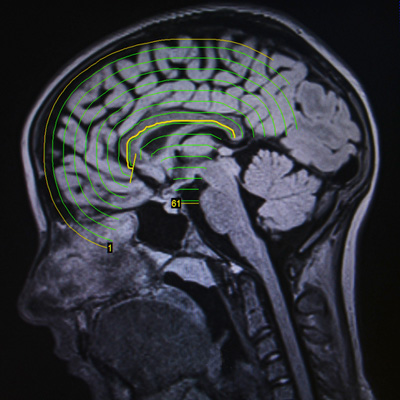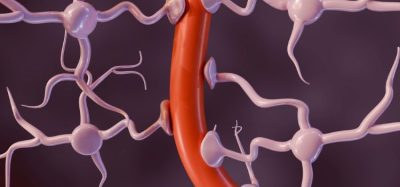Afinitor significantly reduces seizures in Phase III TSC study
Posted: 21 April 2016 | | No comments yet
Results from a Phase III study show Novartis’ Afinitor (everolimus), when used as an adjunctive therapy, significantly reduced treatment-resistant seizures…


Results from a Phase III study show Novartis’ Afinitor (everolimus), when used as an adjunctive therapy, significantly reduced treatment-resistant seizures associated with tuberous sclerosis complex (TSC) compared to placebo.


Patients in all treatment arms were also taking one to three anti-epileptic drugs (AEDs).
“Approximately 85% of individuals with TSC are affected by epilepsy at some point in their lives, yet nearly two-thirds of these patients do not achieve seizure control with available therapies, and may also experience other potentially serious consequences, such as neuropsychological, cognitive, social or learning disabilities,” said Jacqueline A. French, MD, department of neurology, NYU Langone Medical Centre and lead investigator of the EXIST-3 trial. “These findings are encouraging as this is the first clinical study demonstrating benefit specifically for TSC patients who suffer from treatment-resistant seizures.”
In the study, 366 patients with TSC and treatment-resistant seizures were randomized to receive targeted concentrations of everolimus titrated to Low Exposure (LE) or High Exposure (HE), or placebo. The percentage reduction from baseline in seizure frequency was significantly greater among patients randomised to everolimus LE and HE vs placebo. Seizure response rate was also significantly greater with everolimus LE and HE vs placebo. The most common adverse events (AEs) reported with everolimus LE/HE vs placebo included stomatitis, mouth ulceration, and diarrhoea. Serious AEs reported were 13.7%/13.8% vs 2.5%.
“There has been a long-standing need to find a treatment option for TSC patients that provides control of treatment-resistant seizures and we are encouraged that data from the EXIST-3 study show everolimus may have this potential,” said Alessandro Riva, MD, Global Head, Novartis Oncology Development and Medical Affairs.
Everolimus is the first adjuctive therapy to achieve clinically significant seizure control
Tuberous sclerosis complex is a rare genetic disorder affecting up to one million people worldwide and everolimus is the only approved non-surgical option indicated for treating non-cancerous brain and kidney tumors in certain patients with TSC. EXIST-3 study results show that everolimus is the first adjunctive therapy to achieve clinically significant seizure control in TSC patients and will be the basis for discussion with health authorities worldwide.
Everolimus works by inhibiting the mammalian target of rapamycin (mTOR), a protein that regulates multiple cellular functions. TSC is caused by mutations in the TSC1 or TSC2 genes, resulting in hyperactive signaling of the mTOR pathway which can lead to increased cellular growth and proliferation, neuronal hyper-excitability, abnormalities in cortical architecture and network function and impaired synaptic plasticity. Preclinical research suggests that hyperactive mTOR activity may influence several mechanisms of epileptogenesis, the gradual process by which the brain develops epilepsy.









